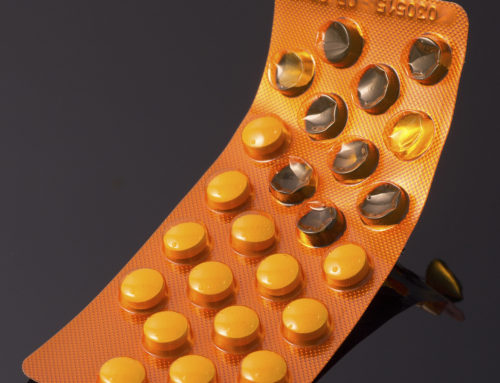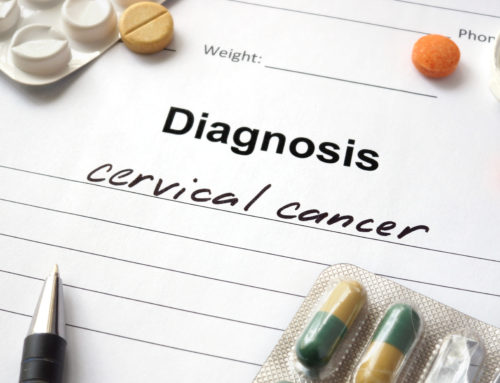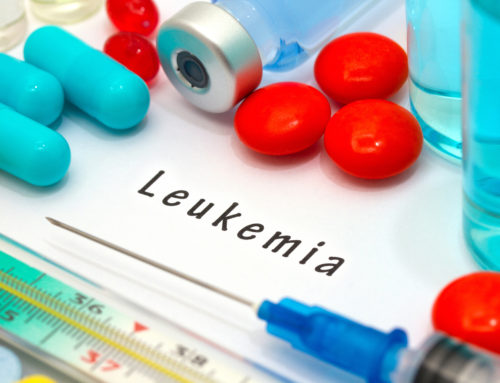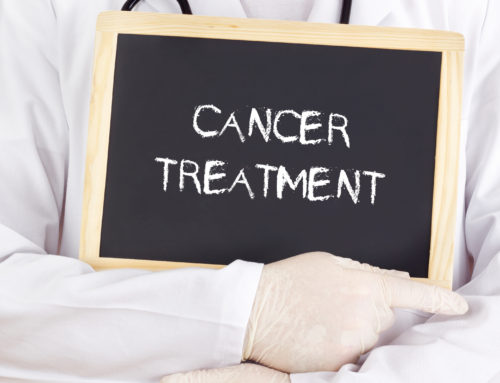New drugs created using enzymes from reef-dwelling marine organisms which may be used to fight cancer, inflammatory and auto-immune diseases, will be spearheaded by a new company formed from research carried out at the universities of Aberdeen and St Andrews.
The two chemistry teams have developed a revolutionary new method for creating a new class of therapeutic drugs, called macrocycles, which are complex to create and can address a large number of poorly treated conditions.
Macrocycles can act against such hard-to-drug targets in a similar way to biologics (genetically-engineered proteins derived from human genes), such as therapeutic antibodies, but with additional benefits including oral administration and reduced cost of manufacture.
Professor Marcel Jaspars from the University of Aberdeen and Professor Jim Naismith from the University of St Andrews have joined with experienced company builder Dr Bill Primrose to form Ripptide Pharma Ltd.
Professor Jaspars explained, ‘Current methodology for creating macrocycles is based on either purely chemical synthetic procedures, which are inefficient, or those based within living cells, where the range and diversity of the macrocycles that can be generated is limited.
‘The new technology is based on a set of enzymes, isolated from marine organisms – blue green algae living inside sea squirts – which can create and modify macrocycles. Using a knowledge of the structures and mechanisms of these enzymes, we have engineered them for higher activity so that they can be used in a chemoenzymatic manufacturing process. We are now able to produce complex molecules in two weeks, compared to six months previously.
‘These will be particularly effective in treating conditions where the therapy relies on the disruption of protein-protein interactions. This type of drug target is often difficult to pursue with conventional ‘small molecule’ drugs.’
Close collaboration between the two research groups over six years has generated a technology which is now ready for commercial exploitation. This is being funded by the Scottish Enterprise High Growth Spin-Out Programme which is supporting the team to generate a set of novel macrocycles, test them against some industry-accepted drug targets, establish the company and secure appropriate investment.






